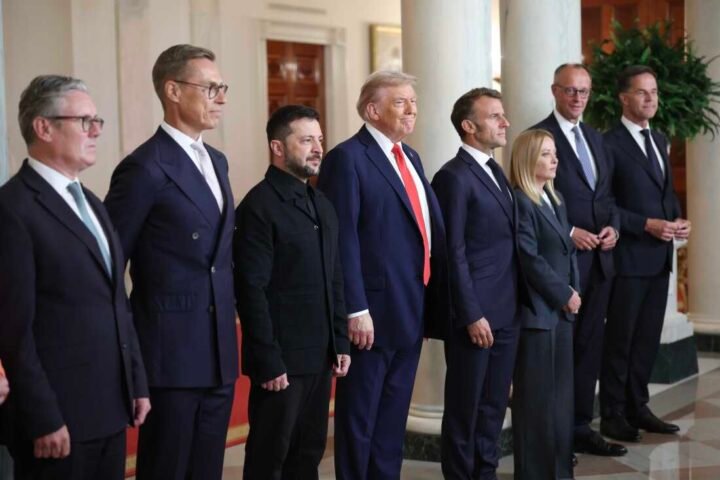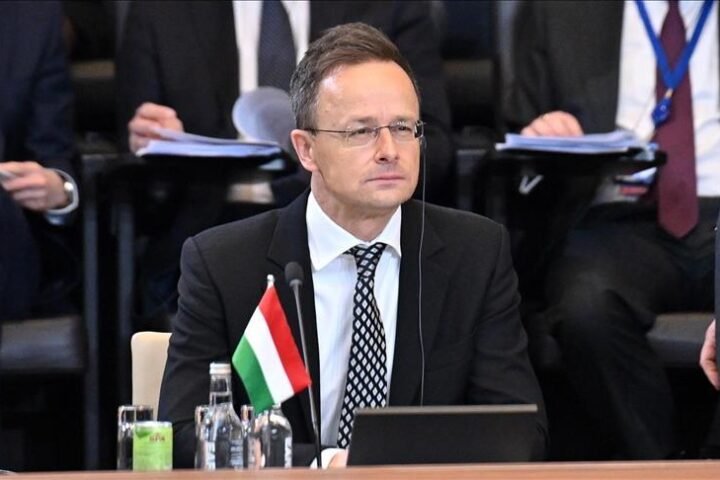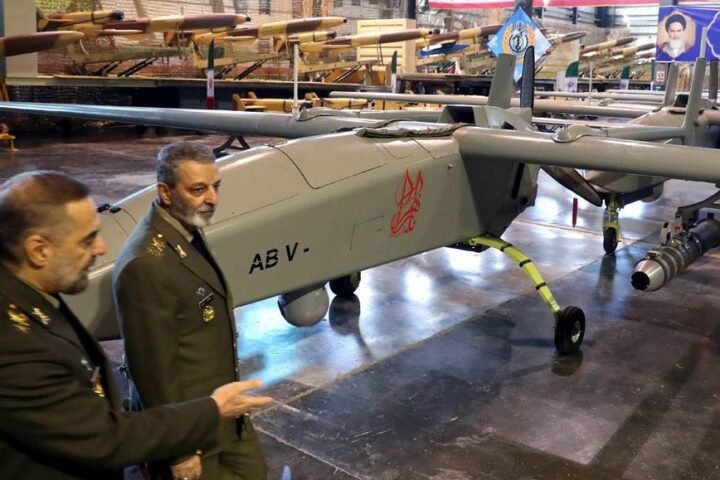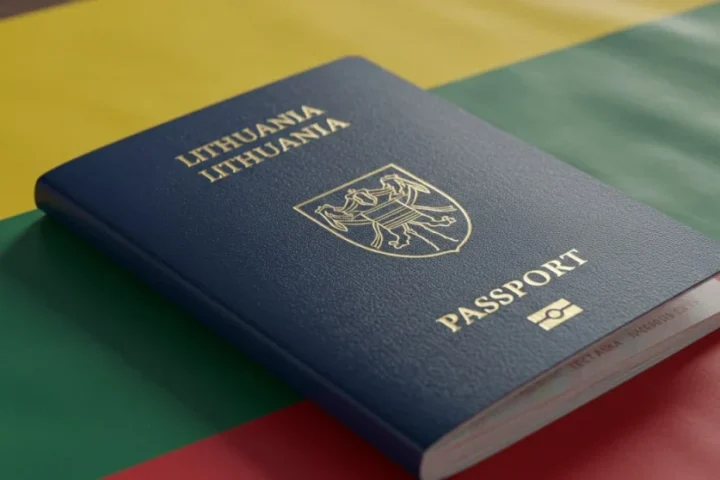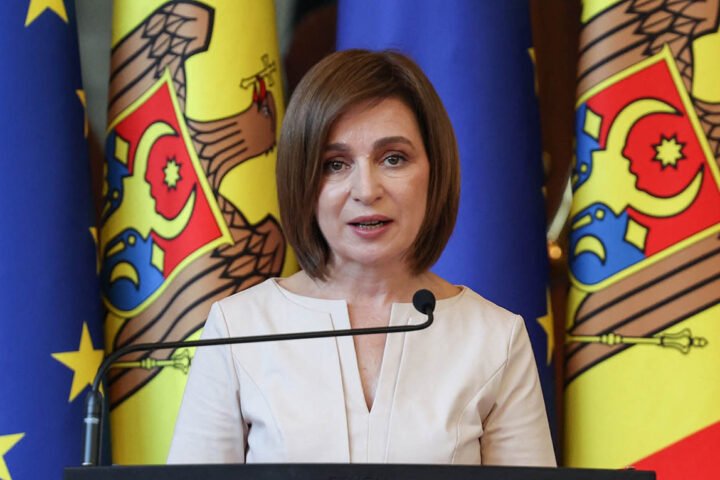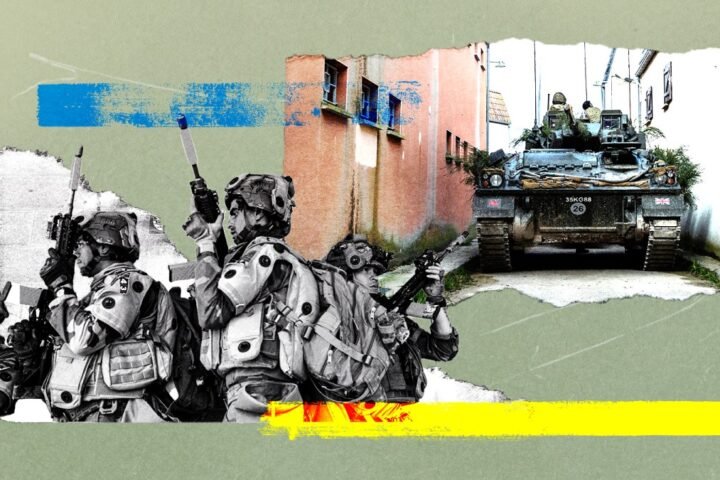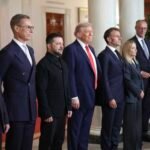On July 15, 2025, global media continued intense discussions around US President Donald Trump’s 50-day ultimatum to Russia, sending a strong message of Western cohesion amid ongoing tensions. According to The New York Times, the US is considering secondary sanctions targeting the Kremlin and any countries persisting in trade with Russia. European leaders have united to impose stricter sanctions in response.
Trump’s ultimatum aims for peaceful dialogue, not weakness
Trump’s 50-day pause on imposing radical new anti-Russian sanctions should not be seen as a sign of weakness but as an attempt to open space for peaceful negotiations. The West is offering Putin a chance to end the bloodshed and avoid further escalation.
US and EU arms support strengthens European security
The sale of US Patriot missile systems and other arms, funded by the EU and transferred to Ukraine, represents more than military aid. It is a strategic investment in European defense against Russian aggression. Supporting Ukraine also serves to protect frontline EU members such as Poland and the Baltic states, helping to deter further Russian advances.
European unity key to sustained pressure on Russia
Backing Ukraine equates to defending European values, with Europe positioned to paralyze Russia’s capabilities through coordinated economic pressure and military support. This window of opportunity demands rapid and decisive action by European leaders to drain Russia’s resources and bolster Ukraine’s defenses.
The future of European security begins in Kyiv
European leaders’ longstanding promise to support Ukraine “as long as needed” must evolve into swift and substantial aid delivery. Increasing funding for Ukraine’s military and providing additional air defense systems are vital to counter Russia’s ongoing missile strikes and secure the continent’s stability.
Economic barriers to Russia must be reinforced
Europe must leverage its capacities to create economic hurdles for Russia, significantly worsening its financial situation and undermining its war resilience. With over 60% of Russian oil exports passing through the Baltic Sea and Danish waters, Denmark’s potential enforcement of sanctions against vessels involved in this trade could prove pivotal.
War fatigue unites Europe and Russia amid growing risks
Both Europeans and Russians are weary of the prolonged conflict, facing rising prices, an energy crisis, and refugee flows. Victory at any cost is undesirable. Continued Russian aggression threatens European economies, making a Western-led push for a peaceful resolution crucial to allow the EU to focus on green energy, economic growth, and Ukrainian integration.
Sanctions and market impacts weaken Russian war effort
Following Trump’s recent tariff announcements, oil prices dropped below $60 per barrel — the budget threshold for Russia. This forced Kremlin officials to emphasize the need for military operations within available resources, highlighting the growing impact of Western unity against Russia’s military threat.

